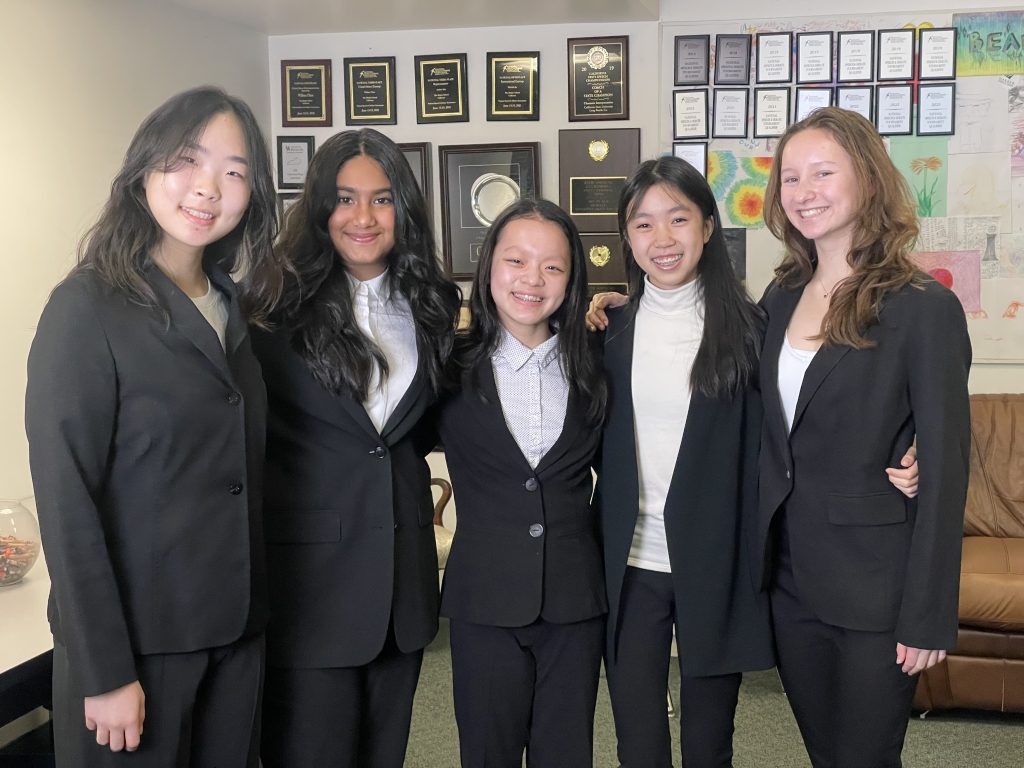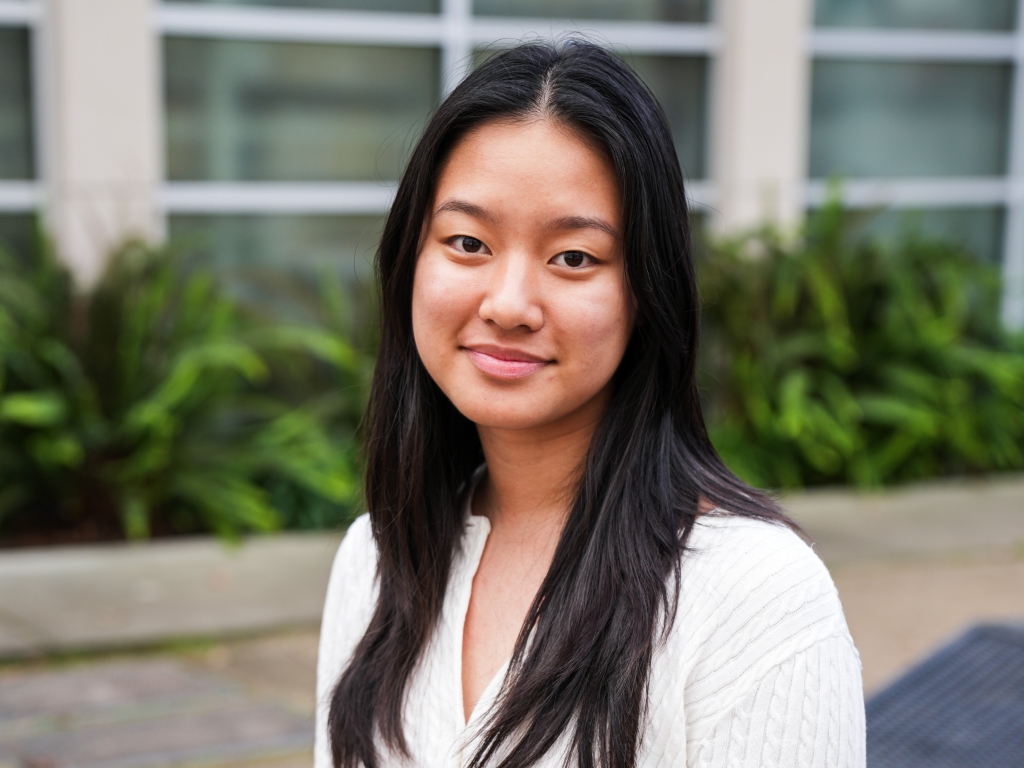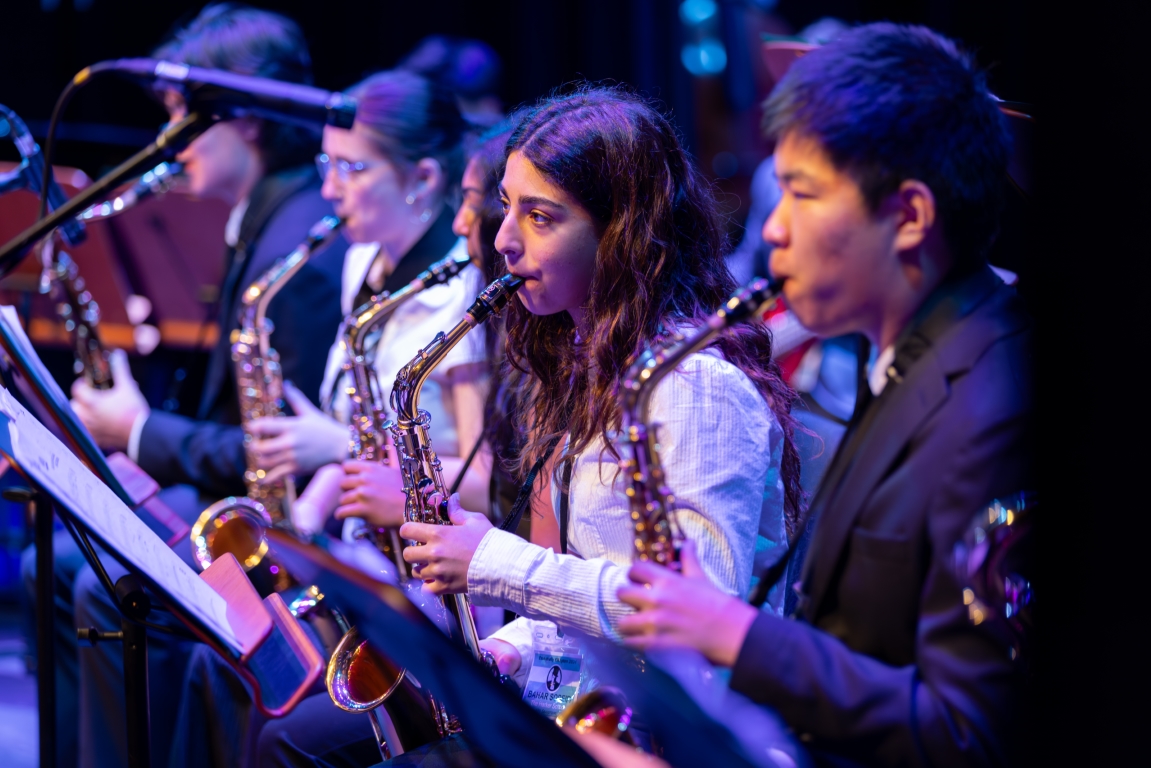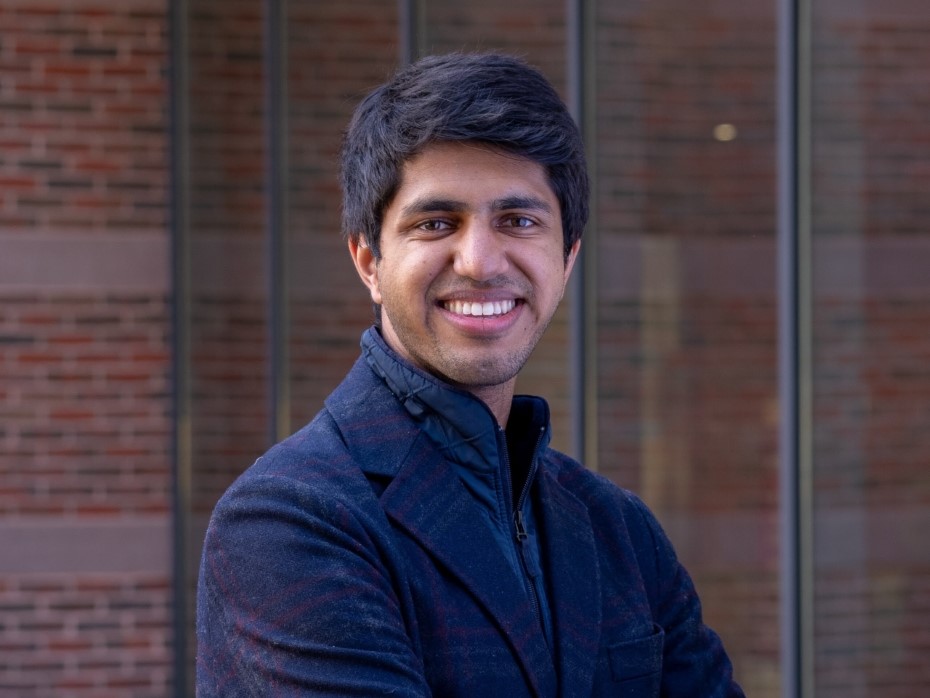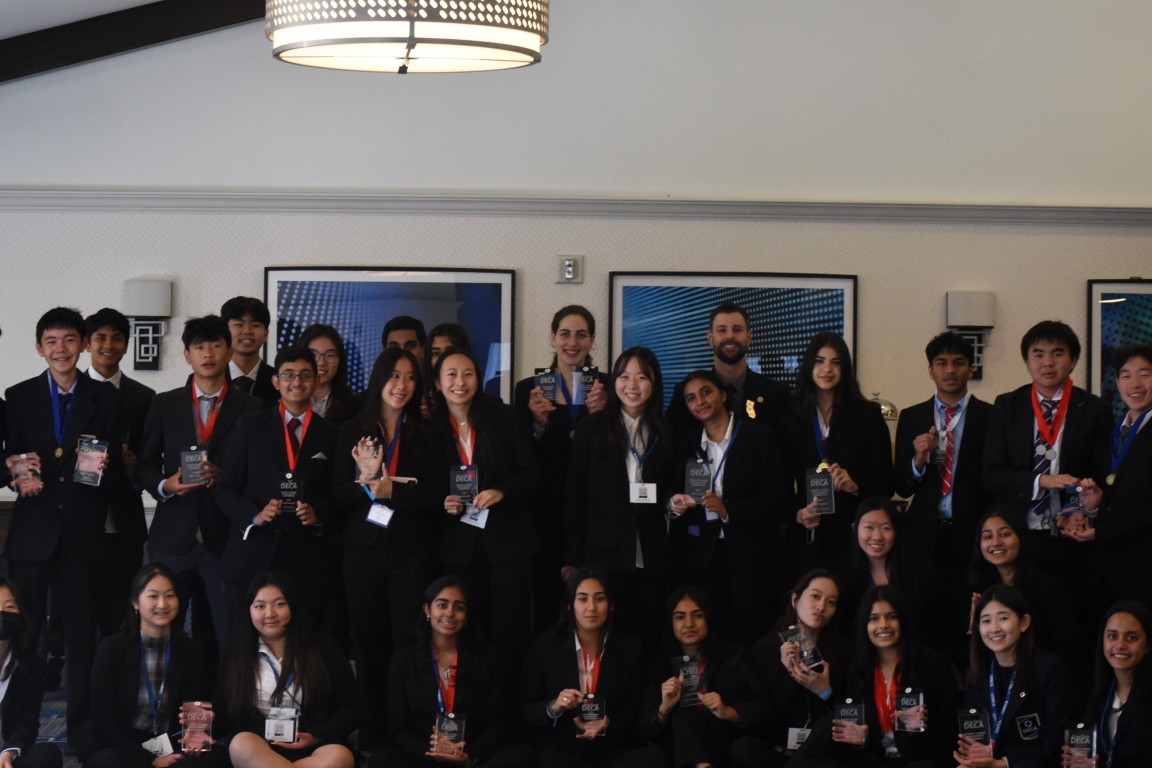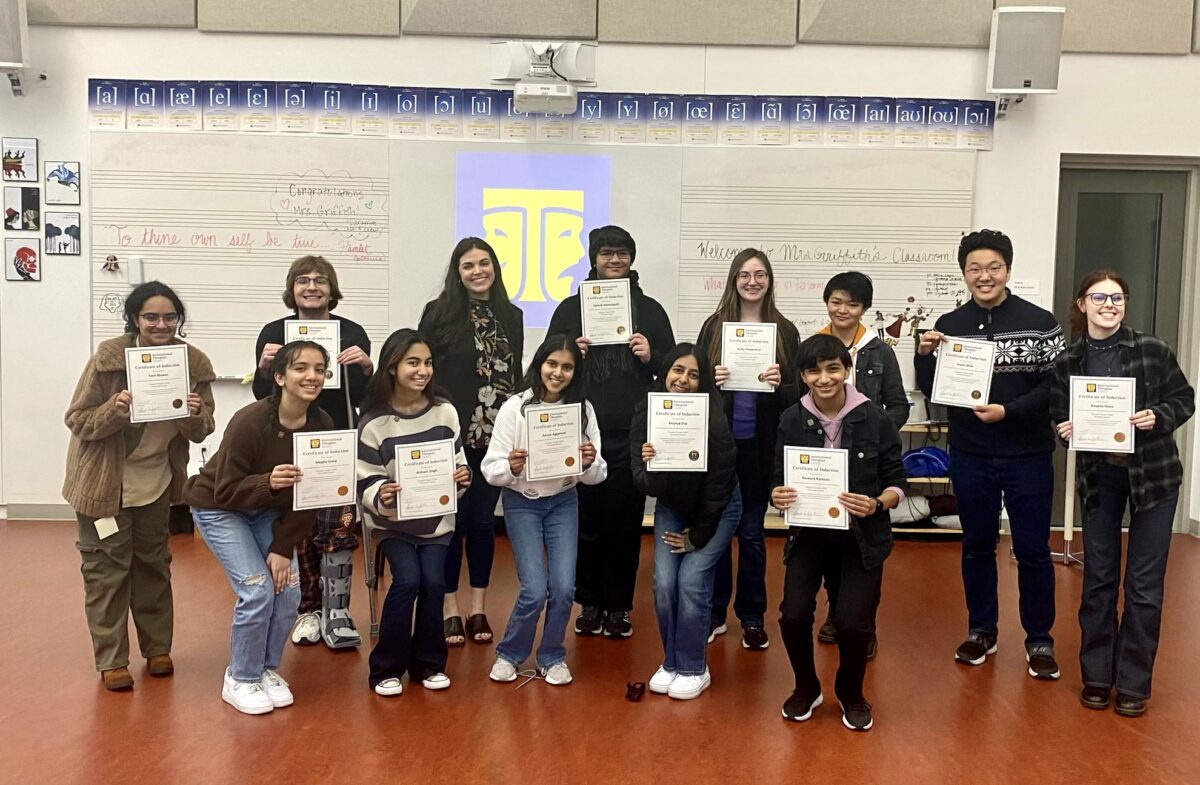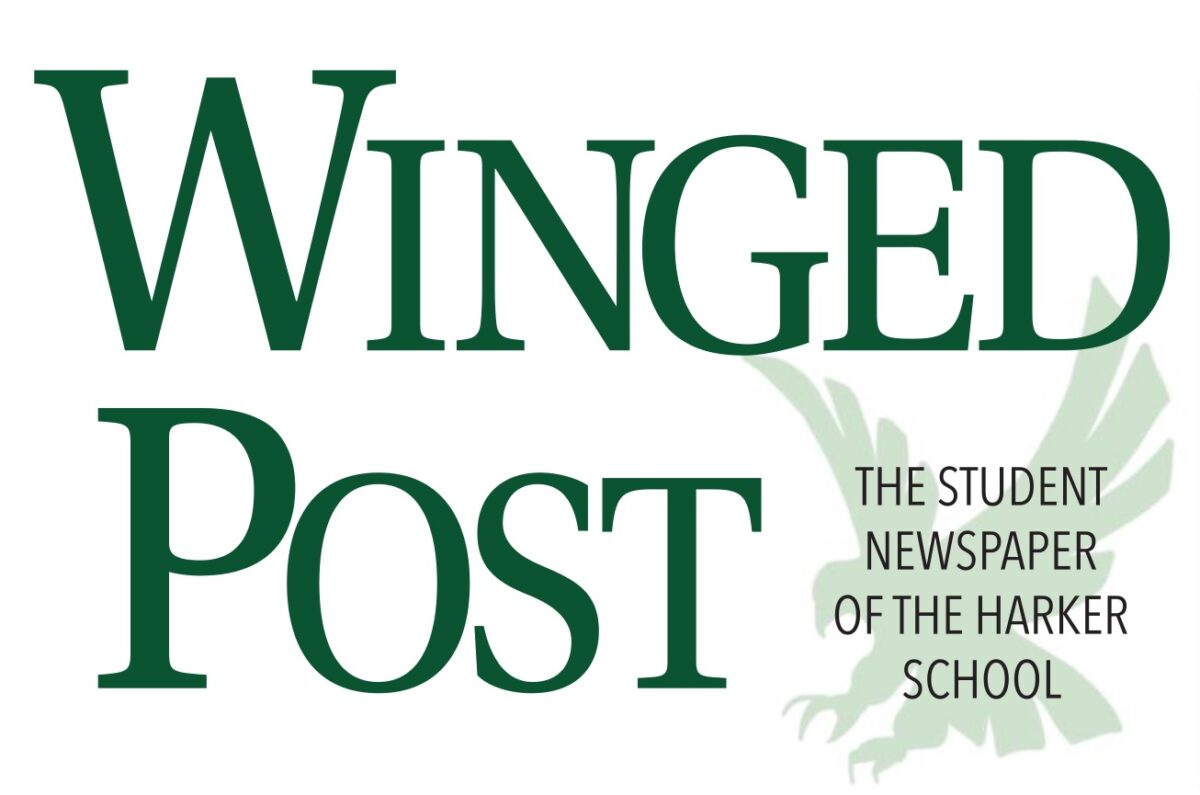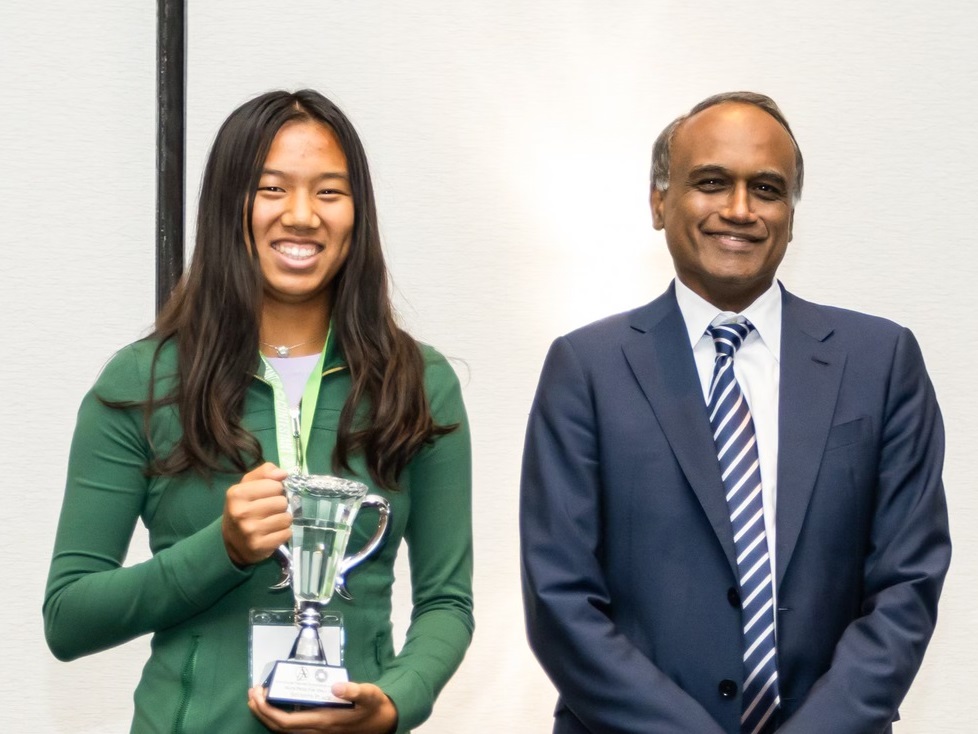The five students are among the top 50 teams in a competition with more than 1,600 entries.
Top Achievements
[UPDATED] Senior Michelle Wei places third in Regeneron Science Talent Search
Senior Michelle Wei was named third-place winner of this year’s Regeneron Science Talent Search, taking home an award valued at $150,000.
Jazz band attends Essentially Ellington festival, two students take home awards
During the February break, the upper school jazz band traveled to Orlando, Fla. with music teachers Dave Hart and Jaco Wong to participate in the Essentially Ellington Festival.
Senior nominated for Presidential Scholar in the Arts
Iris Fu was just one of 60 students nominated nationwide.
HELM named finalist for CSPA Crown Award
The 2022-23 edition of the Harker Eclectic Literary Magazine (HELM) was named a finalist for the Columbia Scholastic Press Association Crown Award
Simar Bajaj ’20 awarded prestigious Marshall Scholarship, bound for Oxford
The award-winning journalist will study global health science and epidemiology, while also investigating treatment for socially stigmatized diseases.
DECA takes top spots at Silicon Valley Career Development Conference
From Jan. 5-7, more than 120 members of the Harker DECA chapter attended the Silicon Valley Career Development Conference (SVCDC).
15 students inducted into International Thespian Society
15 Harker students were recently inducted into the International Thespian Society, an honors society for middle and high school theater students.
Upper school journalism publications up for two top CSPA awards
The upper school journalism department is up for two top awards from the Columbia Scholastic Press Association.
Senior places seventh in Math Prize for Girls
n October, senior Olivia Xu placed seventh overall out of 262 contestants in the Math Prize for Girls competition, the highest placement in the school’s history.
